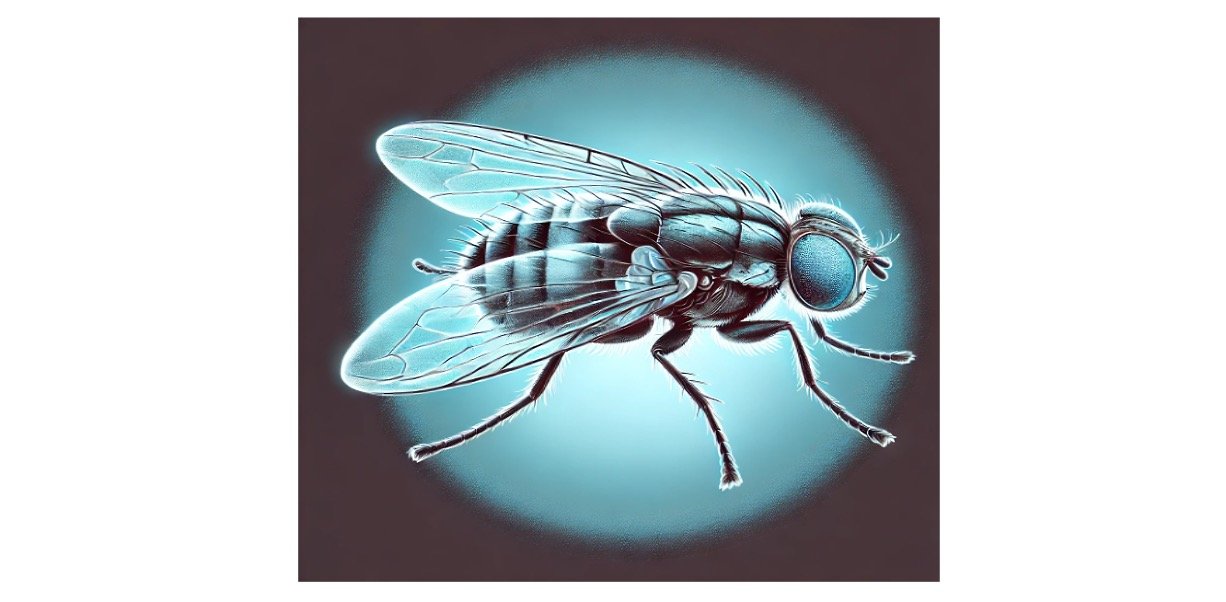Kingdom Definition
The Kingdom is a taxonomic rank in biology that is made up of smaller groups known as phyla (or divisions, in plants).
The highest taxonomic level, or the most broad taxon used in classifying creatures, is the kingdom.
The domain, on the other hand, is the most generic taxon in Carl Woese’s new three-domain system, which was presented in 1990.
The five-kingdom taxonomic categorization of the world’s biota, suggested by Robert Whittaker in 1969, into Kingdoms Animalia, Plantae, Fungi, Protista, and Monera, has become a common standard for categorising species.
It served as the foundation for later multi-kingdom systems, such as Carl Woese and colleagues’ 1977 six-kingdom system. Robert Whittaker’s The Five Biological Kingdoms:
Kingdom Monera: The most primordial of the five kingdoms, Monera contains all bacteria, often known as monerans, which are single-celled prokaryotic creatures. (In the six-kingdom system, Kingdom Monera is divided into two kingdoms:
(1) Eubacteria, which includes all bacteria except archaebacteria
(2) Archaebacteria, which are single-celled creatures that thrive in harsh environments and have specific biochemical characteristics.)
Kingdom Protista: are eukaryotes that are single-celled or multicellular but lack highly specialised tissues. Protozoa and certain algae are examples of protists.
Kingdom Fungi: Slime moulds, mushrooms, smuts, rusts, mildews, moulds, stinkhorns, puffballs, truffles, and yeasts are examples of multicellular, non-photosynthetic, saprotrophic organisms that absorb food in solution directly through their cell walls and reproduce by spores.
Kingdom Plantae: Members of the kingdom of Plantae are multicellular, (mainly) autotrophic eukaryotes that (usually) carry out photosynthesis.
Kingdom Animalia: is a multicellular, heterotrophic eukaryote that digests food outside of its cells and then absorbs the nutrients digested.
Kingdom Citations
Share












